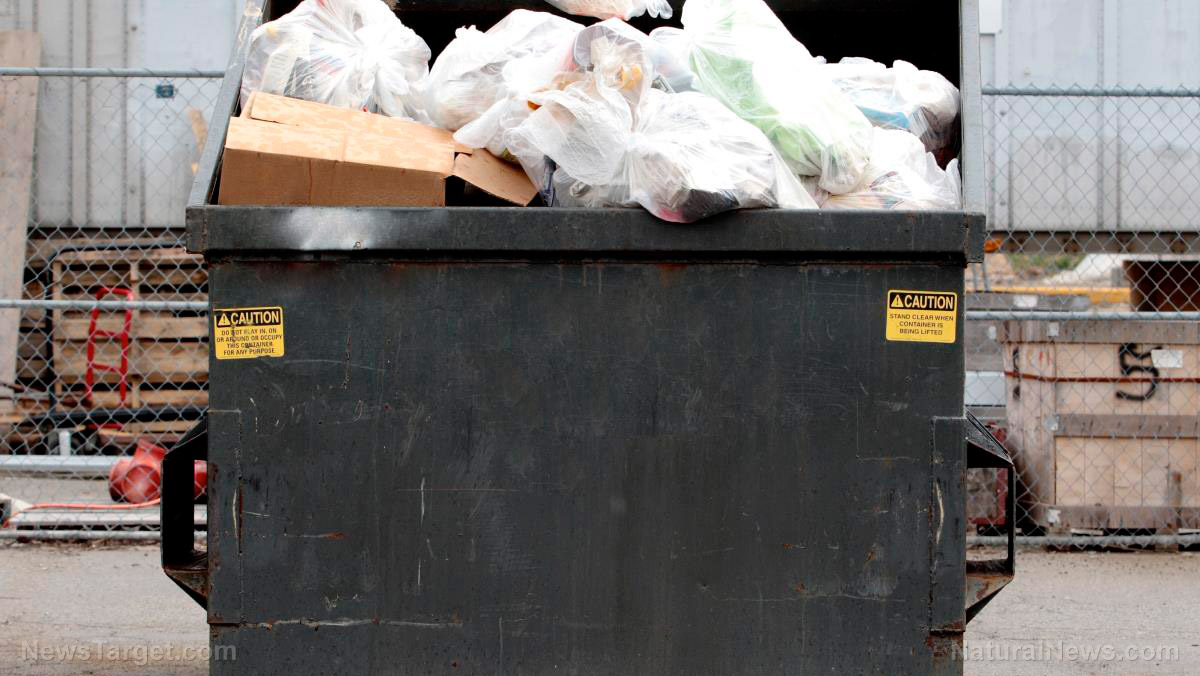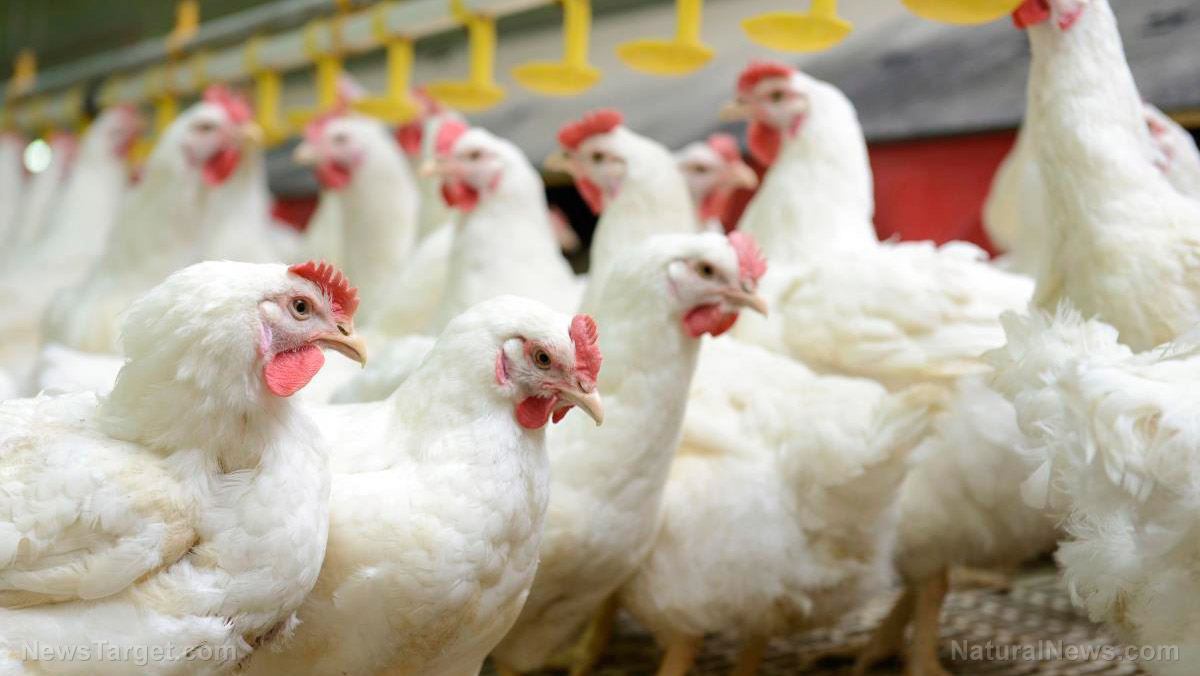UK rationing produce as country grapples with severe shortage of tomatoes and other vegetables
02/22/2023 / By Cassie B.

The UK is currently experiencing a serious shortage of tomatoes, and experts have warned that other fruits and vegetables will soon be difficult to obtain as well.
Transport problems and bad weather in Europe and Africa have made tomatoes nearly impossible to find at British supermarkets in recent weeks. In particular, tomato suppliers have been blaming unfavorable weather conditions in Morocco and Spain for the ongoing shortage.
Most of the tomatoes Brits consume during the winter months come from these countries, and both have been impacted by a one-two punch from warm weather impacting crop yields followed by a cold snap that led to longer growth times. At the same time, heavy rains have also led to disruptions in transportation that are preventing tomatoes from reaching the UK.
The problem is compounded by the fact that UK tomato growers have been planting fewer crops and doing so later than usual in response to soaring energy prices, which has pushed back the beginning of the UK season and therefore boosted their reliance on imports.
A wholesaler supplying schools, cafes and restaurants in the southwest of England, the Heritage Fine Food company, stated on its website that sourcing tomatoes is currently “incredibly challenging”. It added that cucumbers are “incredibly limited in supply” at the moment, while many peppers are not ripening.
The director of food and sustainability for the British Retail Consortium representing British supermarkets, Andrew Opie, said: “Difficult weather conditions in the south of Europe and northern Africa have disrupted harvest for some fruit and vegetables including tomatoes.
“However, supermarkets are adept at managing supply chain issues and are working with farmers to ensure that customers are able to access a wide range of fresh produce.”
Several popular British supermarket chains have taken to rationing vegetables to deal with the current and looming shortages. For example, Morrisons will be limiting customers to purchasing just two items when shopping for lettuce, cucumbers, peppers and tomatoes.
Its competitor Asda has placed a limit of three per customer across categories including lettuce, cucumbers, tomatoes, peppers, raspberries, cauliflower, broccoli and bags of salad. Other supermarkets in the country are said to be planning similar measures.
Is Brexit to blame for the UK’s food shortage?
Some people are blaming Brexit for the current situation, with the Stay European campaign group pointing out that Spain and other EU countries are not experiencing tomato shortages. They issued an open challenge to social media users to send photos of fresh produce rationing from elsewhere in the EU, but so far, nothing has been reported.
While they concede that the weather has indeed been unfavorable in Spain for growing tomatoes lately, there must be another reason that the UK is the only country experiencing a shortage.
“There is only one country with a problem, and once again it is the one that has cut itself off from the rest of Europe,” they noted.
Increasing border checks on produce entering the country from the EU since Brexit have been leading to long delays and port backups, and European growers are finding it easier to sell their produce within the EU due to the lack of trade barriers. It is logical that suppliers with fewer tomatoes than usual would prioritize the more convenient and cost-effective option of selling inside EU borders over exporting to the UK.
The only silver lining is the fact that the growing season is approaching for UK producers. This is expected to help ease the shortages in the long term. In the meantime, one way Brits can contend with the food shortage is by focusing on vegetables that are currently in season there and more widely available, such as kale, Brussels sprouts, leeks and savoy cabbage.
Sources for this article include:
Submit a correction >>
Tagged Under:
agriculture, brexit, climate, crop collapse, crops, environment, food collapse, food scarcity, food shortages, food supply, fresh, grocery, harvest, hunger, produce, products, rationing, scarcity, starvation, supply chain, tomatoes, weather terrorism
This article may contain statements that reflect the opinion of the author
RECENT NEWS & ARTICLES
FoodRiots.news is a fact-based public education website published by FoodRiots.news Features, LLC.
All content copyright © 2021 by FoodRiots.news Features, LLC.
Contact Us with Tips or Corrections
All trademarks, registered trademarks and servicemarks mentioned on this site are the property of their respective owners.



















